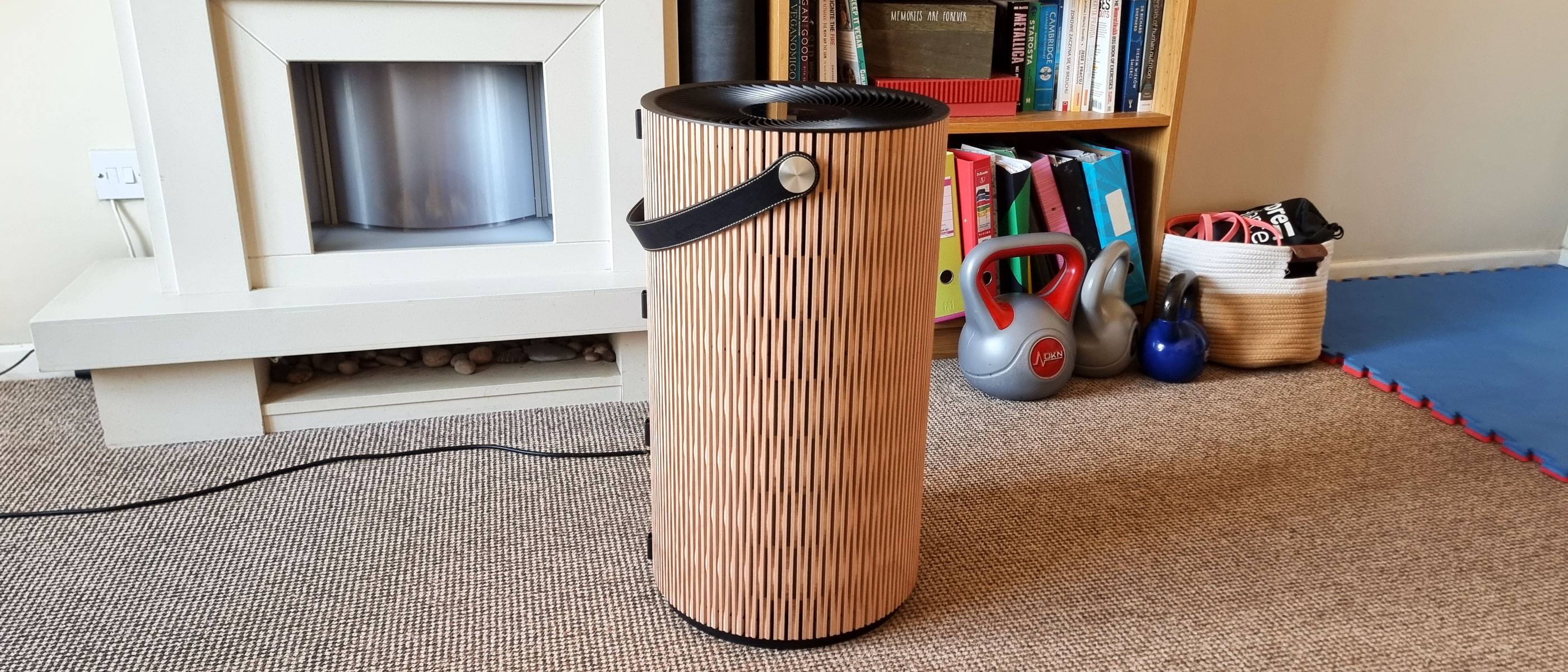Lucy Liu Welcomes a Baby: 4 Reasons Why Couples Use Surrogates

Get the world’s most fascinating discoveries delivered straight to your inbox.
You are now subscribed
Your newsletter sign-up was successful
Want to add more newsletters?

Delivered Daily
Daily Newsletter
Sign up for the latest discoveries, groundbreaking research and fascinating breakthroughs that impact you and the wider world direct to your inbox.

Once a week
Life's Little Mysteries
Feed your curiosity with an exclusive mystery every week, solved with science and delivered direct to your inbox before it's seen anywhere else.

Once a week
How It Works
Sign up to our free science & technology newsletter for your weekly fix of fascinating articles, quick quizzes, amazing images, and more

Delivered daily
Space.com Newsletter
Breaking space news, the latest updates on rocket launches, skywatching events and more!

Once a month
Watch This Space
Sign up to our monthly entertainment newsletter to keep up with all our coverage of the latest sci-fi and space movies, tv shows, games and books.

Once a week
Night Sky This Week
Discover this week's must-see night sky events, moon phases, and stunning astrophotos. Sign up for our skywatching newsletter and explore the universe with us!
Join the club
Get full access to premium articles, exclusive features and a growing list of member rewards.
Actress Lucy Liu has announced the arrival of her baby boy, which she had through the help of a surrogate. Although surrogacy is not very common, there are many reasons why women and couples may chose surrogates to be part of their fertility treatment.
The 46-year old Liu made the announcement through Instagram, where she posted a photo of herself holding her son. A representative for Liu said the actress had a gestational carrier for her son, according to the Los Angeles Times. Liu joins others celebrities, including Jimmy Fallon and his wife Nancy, Sarah Jessica Parker and husband Matthew Broderick, and actress Nicole Kidman and husband Keith Urban, who have all used surrogates to carry their children.
A gestational carrier (or gestational surrogate) is a woman who carries a child for another couple, but the carrier not the biological mother of the child, according to the American Society for Reproductive Medicine (ASRM). Instead, the egg from the biological mother and sperm from the father are combined in a lab dish (through a process called in vitro fertilization), before the fertilized embryo is implanted in the gestational carrier. (Couples who turn to a surrogate for carrying a pregnancy may use their own eggs and sperm, or donor cells.)
The use of a gestational carrier in fertility treatment is still not very common. Dr. Tomer Singer, a reproductive endocrinologist at Lenox Hill Hospital in New York City, estimates that about 5 percent of the couples he sees with fertility problems use a gestational carrier. [Future of Fertility Treatment: 7 Ways Baby-Making Could Change]
Some of the reasons why a couple may need to use a gestational carrier include:
- The woman in the couple does not have a uterus. This can be because the woman was born without a uterus, or she needed her uterus removed to treat a medical condition such as cancer, Singer said.
- The woman has a structural abnormality to her uterus, or has fibroids or scar tissue inside the uterus. These conditions can make it harder for a women to become pregnant or carry a pregnancy to term, Singer said.
- The woman has a medical condition that would make pregnancy dangerous. Such conditions may include serve heart disease, severe kidney disease, severe diabetes, severe preeclampsia, or a history of breast cancer, according to ASRM.
- The parents are gay men who use eggs from a donor along with a surrogate carrier to have a child.
Older women may be more likely than younger women to need a gestational carrier, because some the risk of some conditions that affect the ability to carry a pregnancy — such as uterine fibroids, and recurrent miscarriages — increase with age, Singer said. Older women may also be more likely to have chronic conditions that would make pregnancy risky, such as heart, lung or thyroid conditions.
Singer noted that laws regarding gestational carriers differ by state. Some states, such as California, allow gestational carriers to be paid, but other states do not allow compensation.
Get the world’s most fascinating discoveries delivered straight to your inbox.
Follow Rachael Rettner @RachaelRettner. Follow Live Science @livescience, Facebook & Google+. Original article on Live Science.

Rachael is a Live Science contributor, and was a former channel editor and senior writer for Live Science between 2010 and 2022. She has a master's degree in journalism from New York University's Science, Health and Environmental Reporting Program. She also holds a B.S. in molecular biology and an M.S. in biology from the University of California, San Diego. Her work has appeared in Scienceline, The Washington Post and Scientific American.
 Live Science Plus
Live Science Plus










